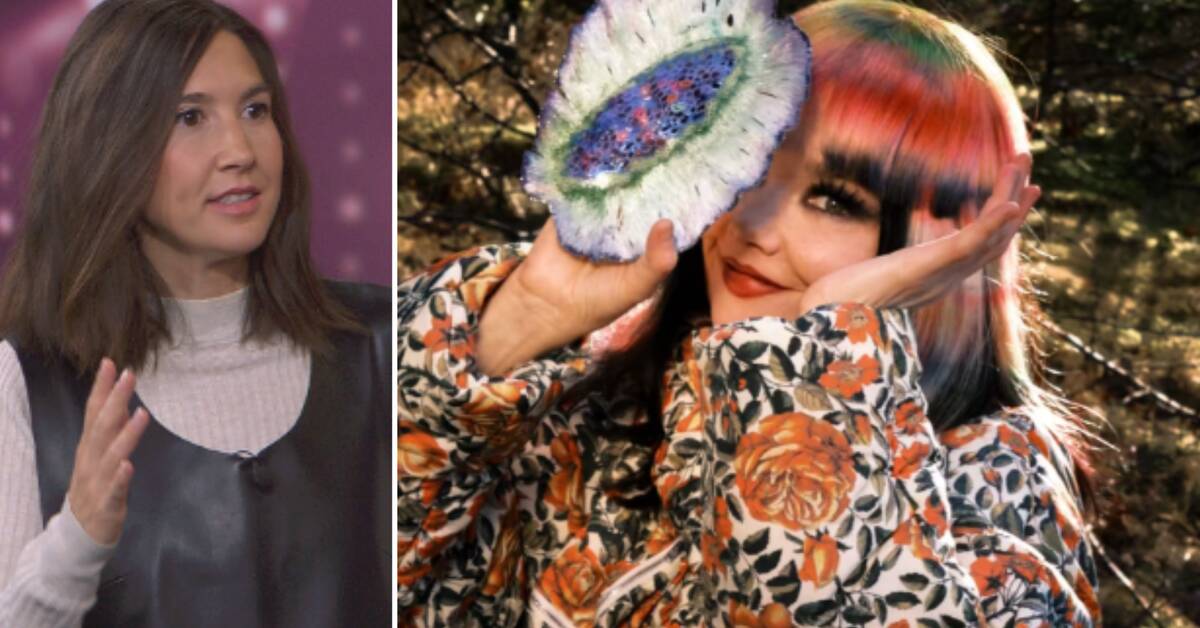Were you bored during the corona pandemic?
Björk didn't have that.
She listened to gabber, a fast and hard version of techno, while enjoying hanging out at home.
The new album is therefore a mixture of Icelandic choirs and beautiful flutes with sudden volcanic eruptions of compact gabber thump.
The inspiration comes from the Indonesian duo Gabber Modus Operandi, who mix hard electronic rhythms with Balinese traditions, and they are also responsible for the faster parts of the record.
According to Björk, the title Fossora means "she who digs"
and is the album that brings her back to the Icelandic crowd after the high-flying divorce album Utopia.
But not in a boring way, but rather like warm spores that germinate and want to rise up under their blanket of sadness.
The album's hottest core consists of the songs about Björk's mother, who passed away in 2018. "Sorrowful soil" is a magnificent choral piece about the miracle of life and about forgiveness at the end.
"Ancestress" is a hauntingly dark hymn about the unimaginable abandonment of a dying parent.
The lyrics are so straight that they hit the stomach while the mother's time runs out to the notes of carillons.
The music often shapes the text, in a way that brings the idea to music.
The darkly vibrating clarinets make "Victimhood", about daring to throw away the victim jacket, into a rough horror song.
In the nature-poetic "Allow", the flowers of the flutes grow high towards the sky.
However, she seems less and less amused by clear melodies.
The bass clarinets take in, stop, and start again.
The choruses rarely come where you think.
It's a lovely skew, and it's very much Björk.
It becomes less free when she writes us on our noses
in the admonishing single "Atopos": "Our differences are irrelevant, to insist on absolute justice at all times blocks connection".
The rolling R's and deliberately broken English, which certainly sounded exciting in the 90s, nowadays sound quite contrived.
But then comes "Her mother's house".
It ripples beautifully when Björk sings together with her daughter: "The more I love you, the stronger you become, the less you need me".
How many songs have you heard about empty nest syndrome?
How lucky that Björk exists.

